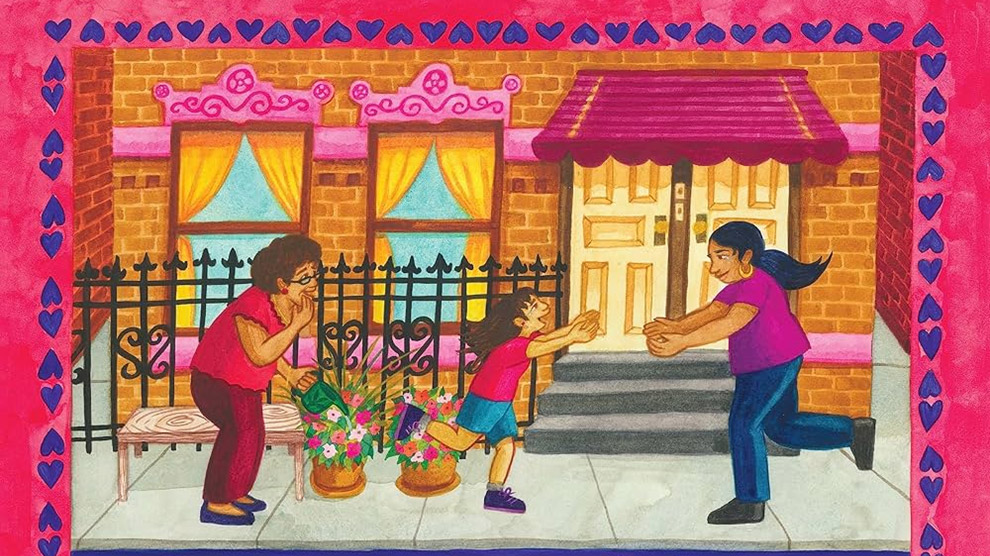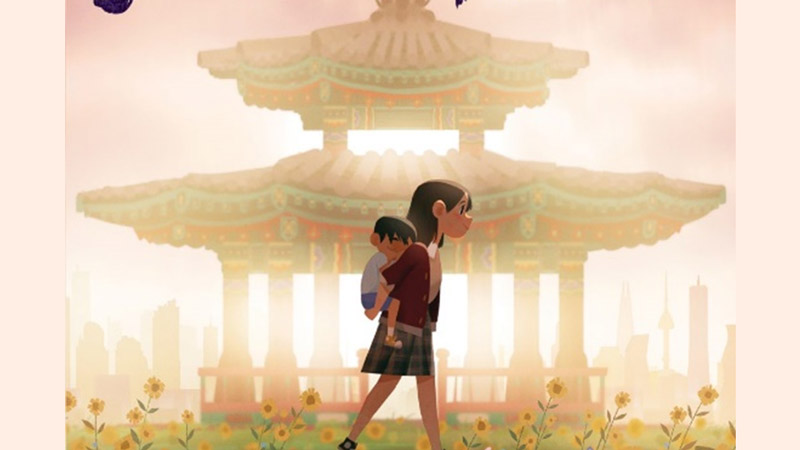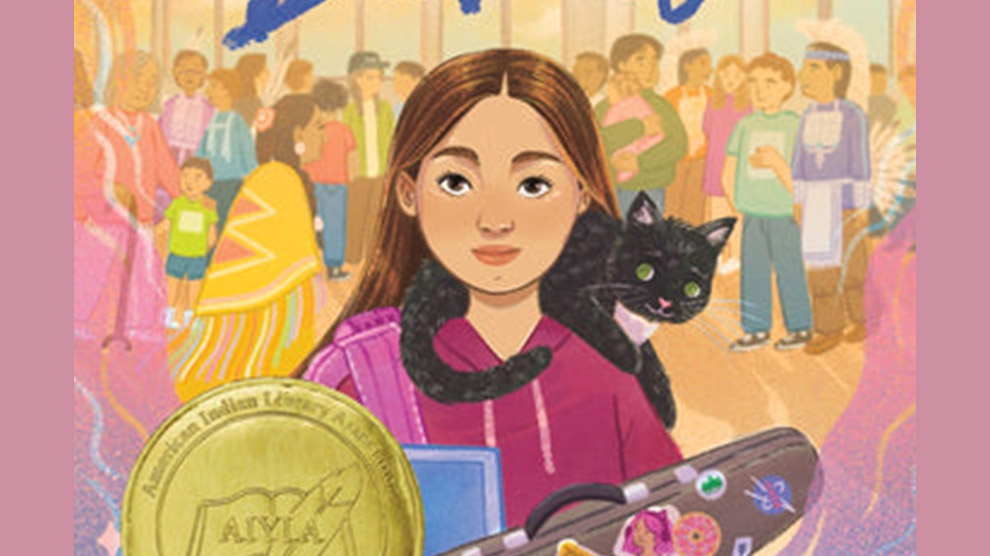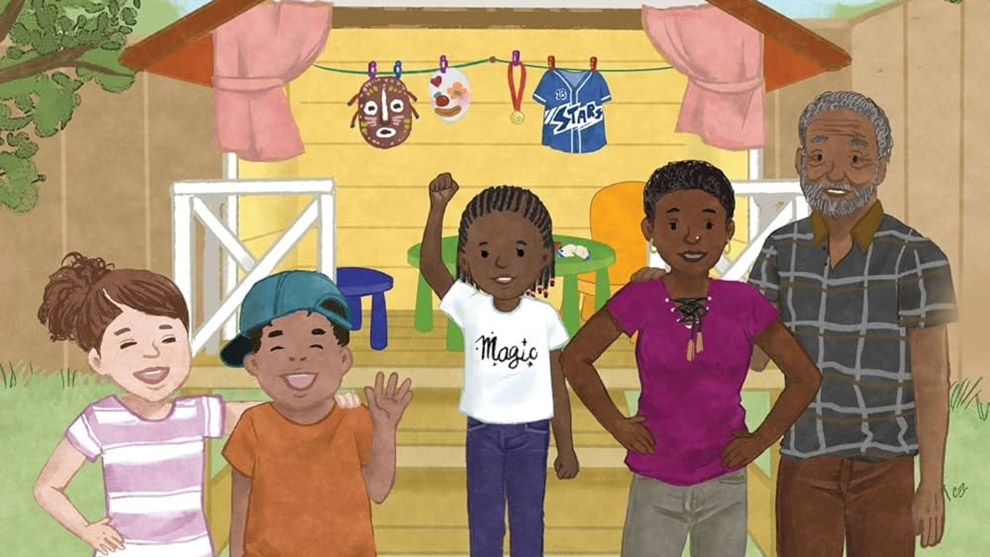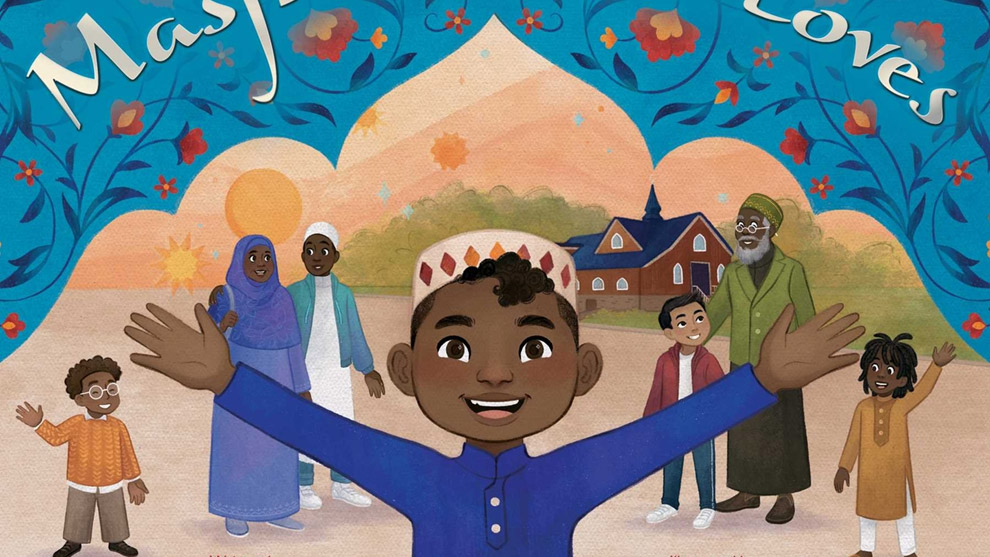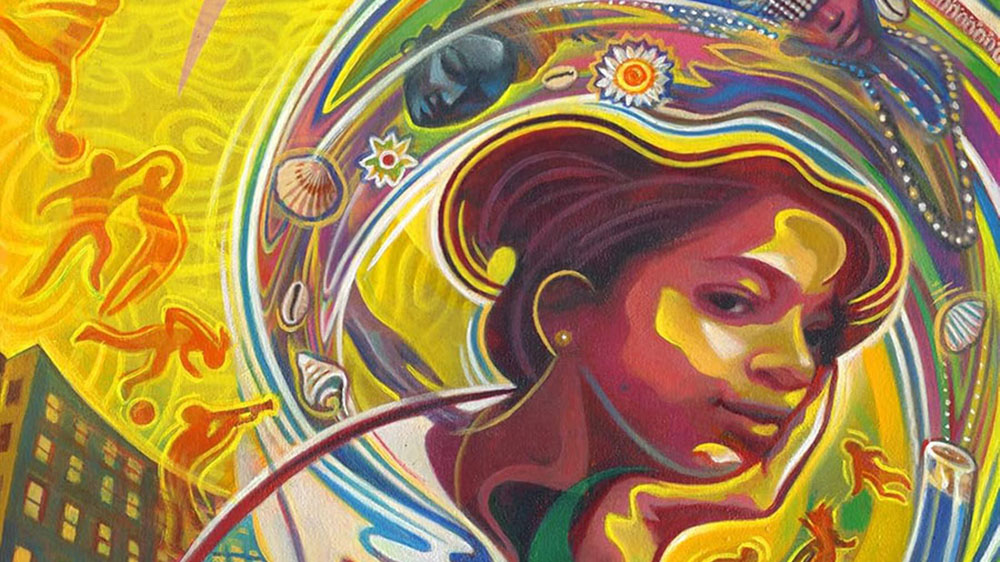
More Jewish Representation: When Your Intersectional Identity Becomes Living History
What does it mean to have true intersectional representation?
Why Children’s Books Need to Discuss the Prison Industrial Complex
One example of book bans is the deliberate exclusion of any discussion of the history of the prison industrial complex from school curricula.
More Asian American Representation: Because Children are Naturally Inquisitive
Politically repressive campaigns such as anti-CRT are harmful to children’s cognitive and civic development.
Native Students—and Non-Native Students—Deserve to Learn About the True Experiences of Indigenous People
The lack of Indigenous representation and humanity, the whitewashing of history, can deter Native students from learning.
More Than Windows and Mirrors: Canvases for Education Equity
When teachers develop inclusive curriculum, the most powerful mirrors can magnify, helping students see and define themselves while gaining a sense of self.
Better Disability Representation Means More Accessible Representation
Books with disabled, neurodivergent, or autistic characters are often stereotypes. Students need more accessible representation.
More Authentic and Complex Transgender Representation in Children’s Books
LGBTQ books for children help students understand diverse gender identities, experiences, and families. They need authentic representation.
The Mores of Muslim Representation in Children’s Books
There are almost 2 billion Muslims around the world, but represent only 1% of the youth literature published.
More Intersections: Why We Need Afro-Latino Representation in Children’s Books
Latinos deserve to have books to which they can relate and aspire. Non-Latinos should learn about rich, diverse cultures.


